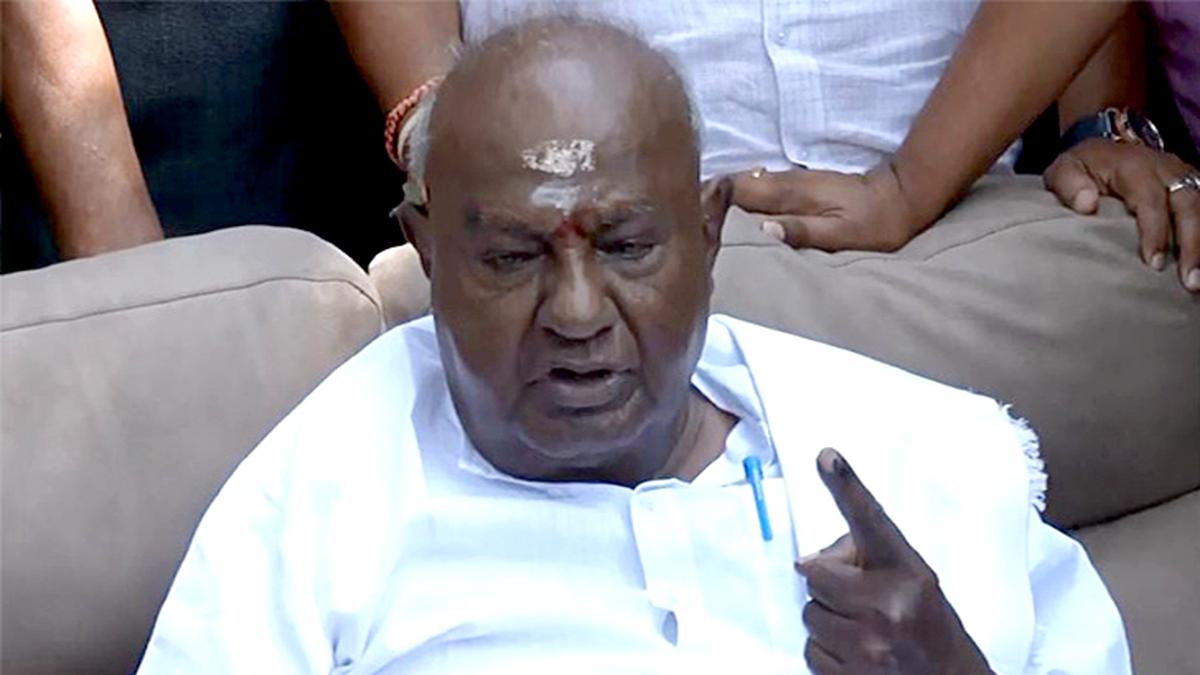By Miho Uranaka and Makiko Yamazaki
TOKYO (Reuters) -Toshiba and Rohm said on Friday they would invest 388.3 billion yen ($2.7 billion) to jointly produce power chips, the first collaboration since Rohm’s participation in a $14 billion buyout of Toshiba.
The latest partnership is what the Japanese industry ministry has hoped for out of concerns that the country’s power chip industry is too fragmented to catch up with industry giant Infineon Technologies AG.
The ministry separately said it would provide up to 129.4 billion yen, or a third of the total investment, in subsidies as part of an effort to help the domestic power chip industry retain its competitiveness.
Power chips efficiently control electric power in cars, electronic devices and industry equipment. The ministry expects the global power chip market to grow to 5 trillion yen by 2030.
Under the latest plan, Rohm will invest 289.2 billion yen in its new plant in Miyazaki Prefecture on the southern island of Kyushu for silicon carbide power chips, which have become popular with electric car makers because they can handle high voltages and are more efficient.
Toshiba will invest a fresh 99.1 billion yen ($690.9 million) in a cutting-edge 300mm fabrication plant that Toshiba is building in Ishikawa, central Japan, to produce silicon power chips.
The collaboration comes after Rohm decided to invest 300 billion yen to join a group led by private equity firm Japan Industrial Partners (JIP) to take Toshiba private.
But the two companies said they had been considering the collaboration “for some time”, and Rohm’s investment in the Toshiba buyout “did not serve as the starting point” for the latest plan.
Japanese power chip manufacturers such as Toshiba, Rohm, Mitsubishi Electric and Fuji Electric all have global presence.
($1 = 143.4400 yen)
(Reporting by Miho Uranaka and Makiko Yamazaki; Editing by David Goodman and Stephen Coates)
Disclaimer: This report is auto generated from the Reuters news service. ThePrint holds no responsibilty for its content.

 5 months ago
72
5 months ago
72



